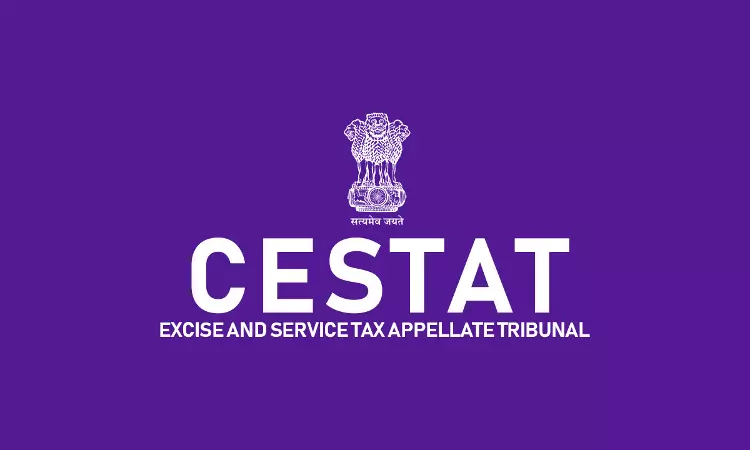The New Delhi Bench of Customs, Excise, and Service Tax Appellate Tribunal (CESTAT) has stated that a panchnama cannot be treated as a certificate required under Section 36B(4) of the Central Excise Act, 1944 for admitting printouts from a personal computer as evidence. The Bench of Justice Dilip Gupta (President) and Hemambika R. Priya (Technical Member) has observed that “the CPU...

